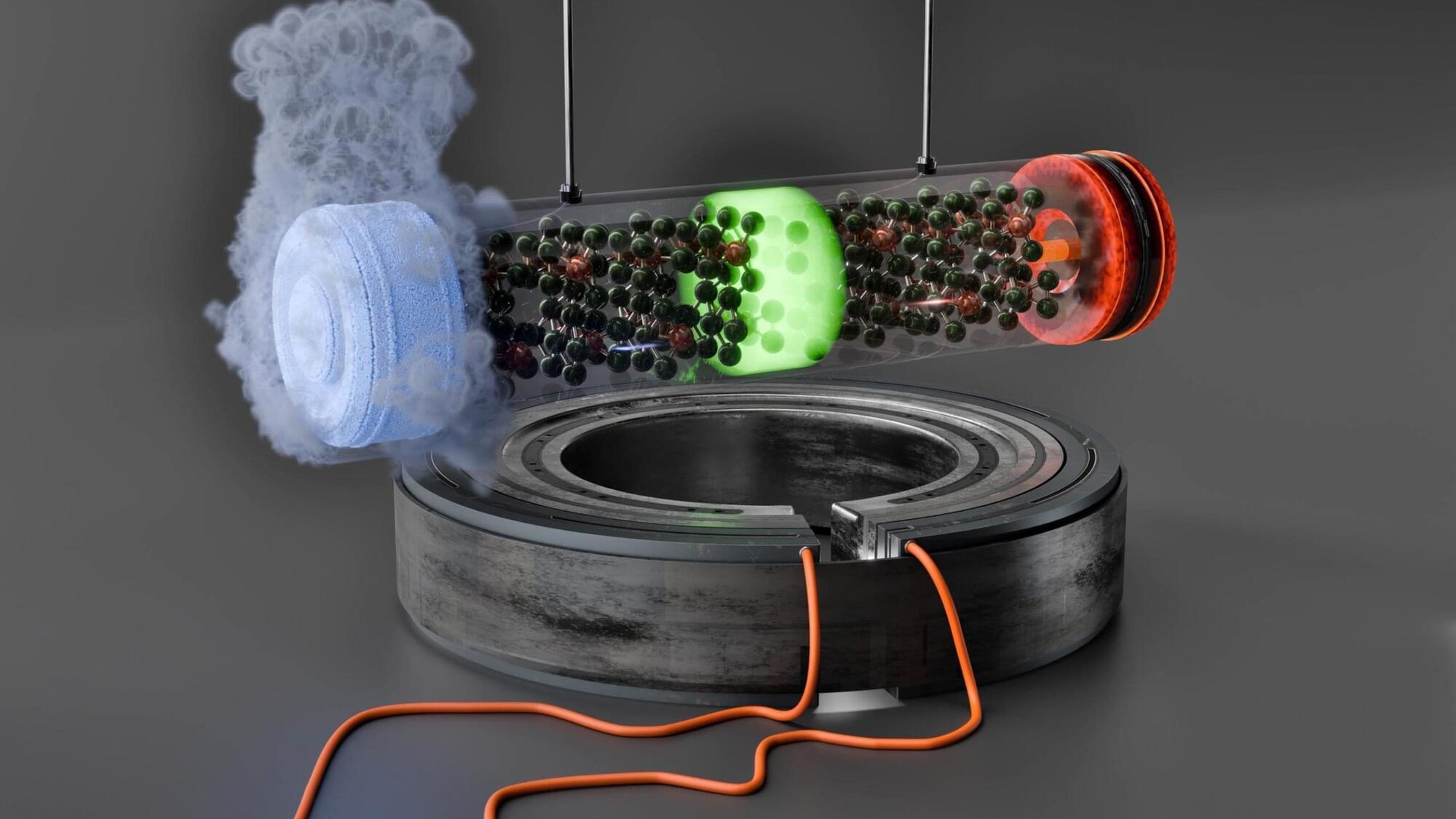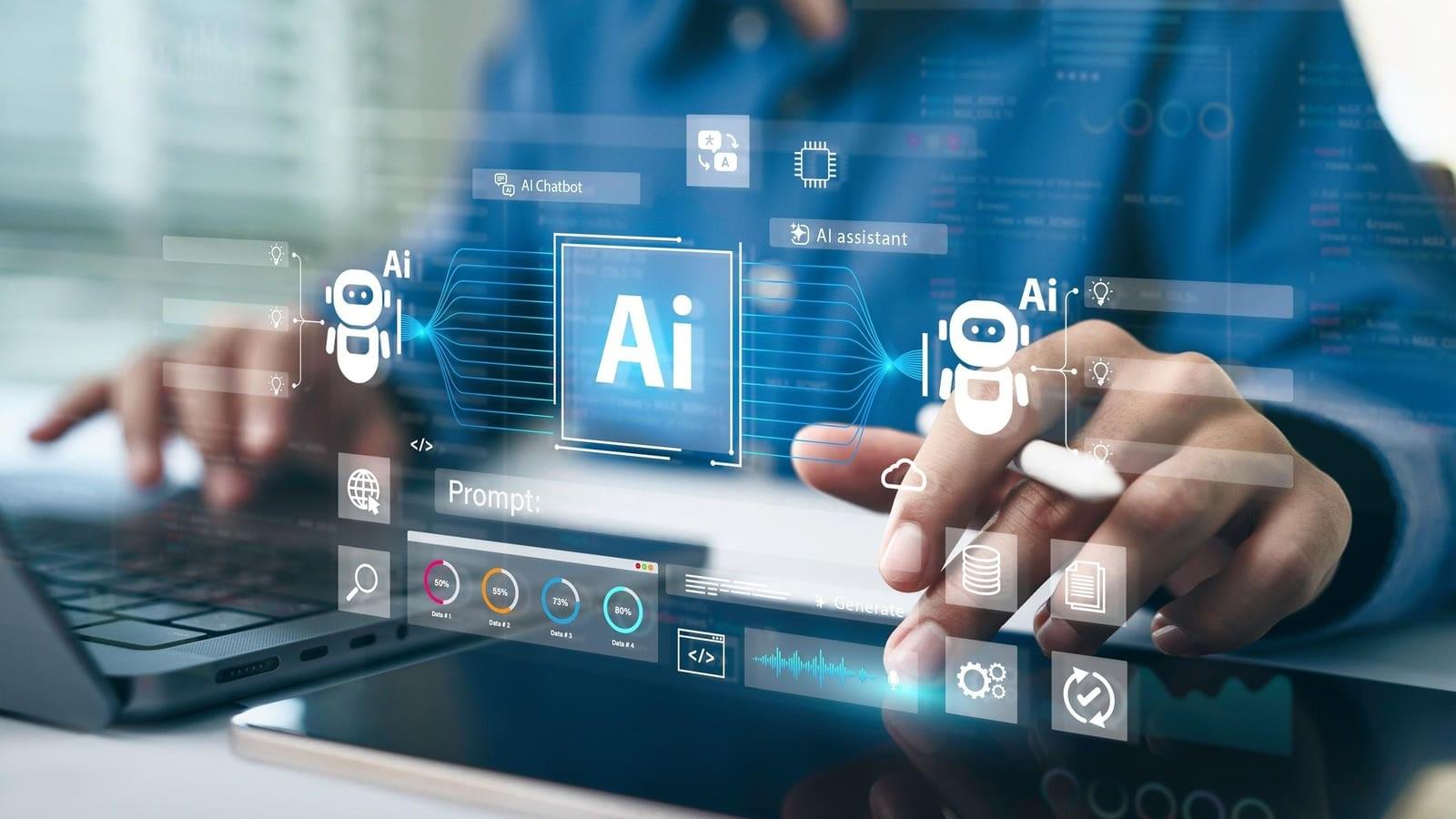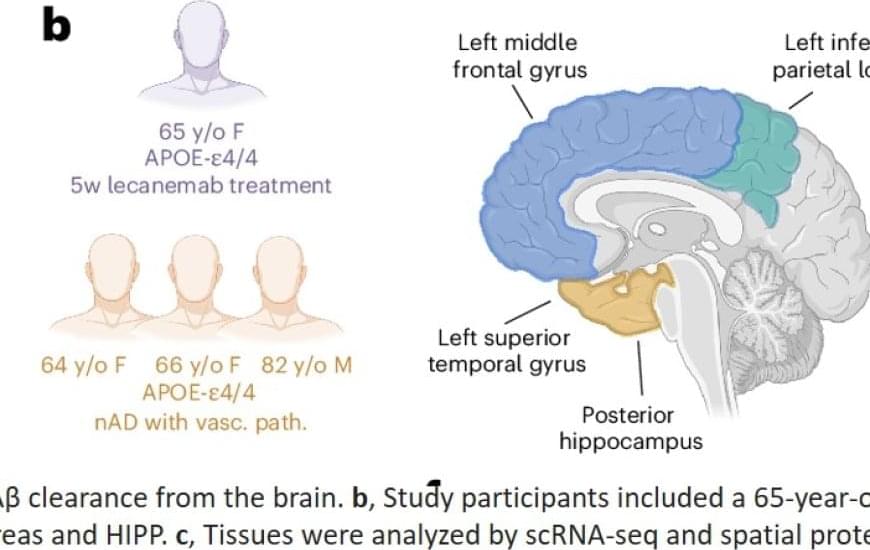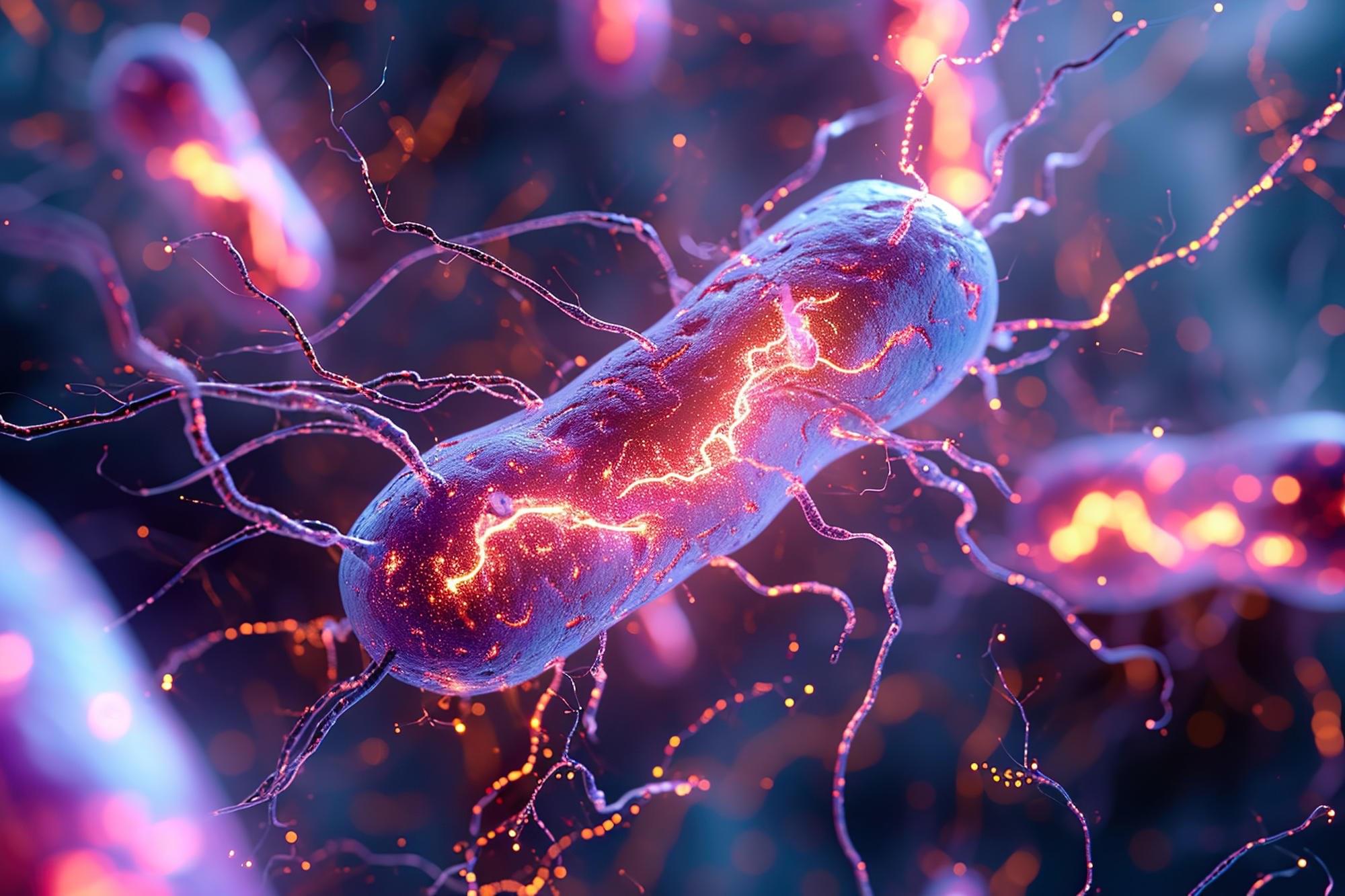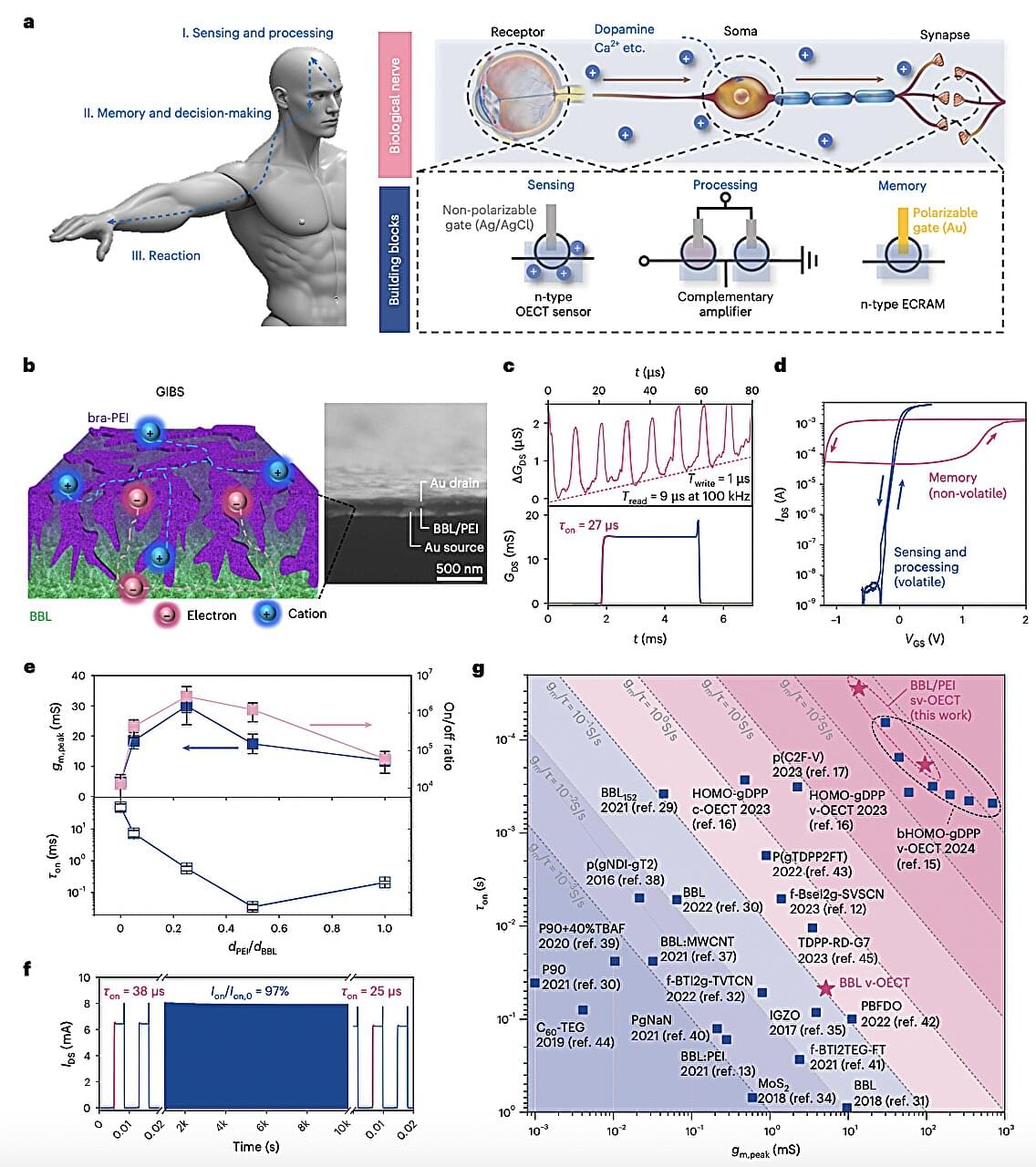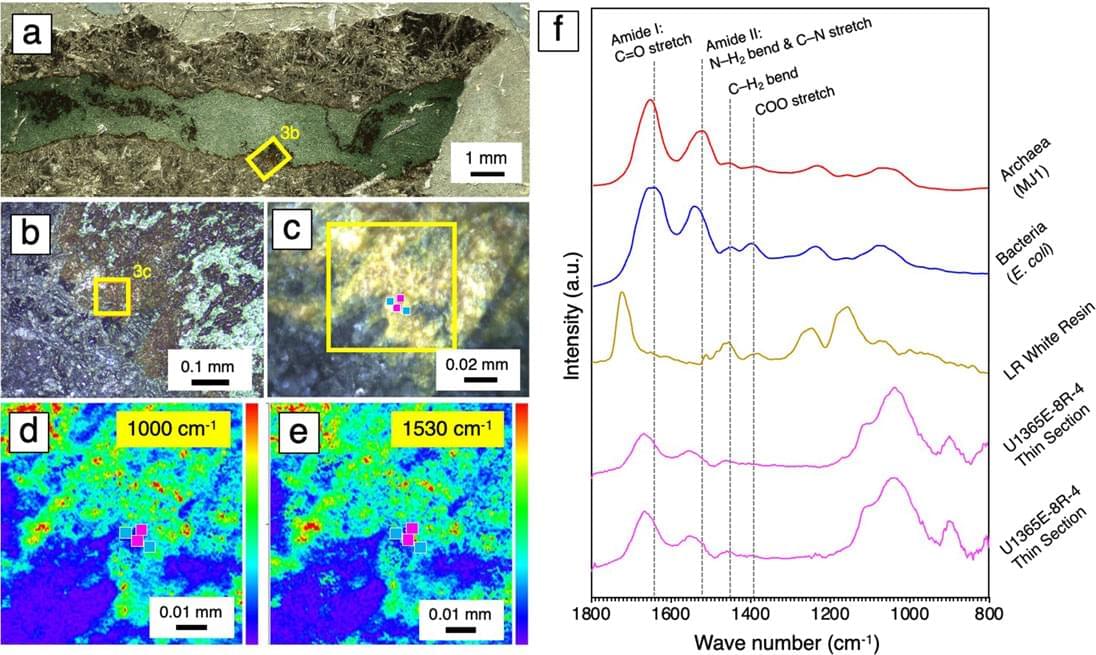In an ultra-cold, high-magnetic-field setting, ZrTe5 defies expectations by showing quantum heat oscillations. Researchers found that phonons, normally dominant in semimetals, behave more like electrons due to magnetic effects, reshaping our understanding of heat transport. Heat conduction is one
China’s Manus AI represents a significant leap from chatbots to autonomous agents capable of executing real-world tasks with minimal human oversight.
Chyba and his team tilted the cylinder precisely at 57 degrees, orienting it perpendicular to both Earth’s magnetic field and its rotational motion. Electrodes attached at each end measured an unmistakable — but minuscule — direct current voltage of about 18 microvolts. Rotate the cylinder 90 degrees, and the voltage vanished. Reverse the cylinder, and the voltage flipped. Control tests with solid cylinders produced no voltage at all. The device was carefully shielded from external interference, such as temperature fluctuations and background electromagnetic noise, to ensure the results were accurate.
“It has a whiff of a perpetual motion machine,” Chyba told Physics Magazine, acknowledging the skepticism his results would inevitably invite. But the physics, he insisted, was sound. The electricity, though tiny, genuinely appeared to flow from Earth’s spin.
The current generated by the device is proportional to its size and the strength of Earth’s magnetic field, which is relatively weak. To produce meaningful amounts of power, the device would need to be much larger or made of materials with even more favorable properties. The researchers speculate that future versions could be miniaturized and connected in series to amplify the voltage, or deployed in space where Earth’s magnetic field is stronger.
The study is the first to use a cutting-edge technique called spatial transcriptomics on human clinical-trial brains with Alzheimer’s disease. The technique allows scientists to pinpoint the specific spatial location of gene activity inside a tissue sample.
By analyzing donated brain tissue from deceased people with Alzheimer’s disease who received amyloid-beta immunization and comparing it to those who did not, the scientists found that when these treatments work, the brain’s immune cells (called microglia) don’t just clear plaques — they also help restore a healthier brain environment.
But not all microglia are created equal. Some are quite effective at removing plaques, while others struggle, the study found. Also, microglia in treated brains adopt distinct states depending on the brain region and type of immunization. Lastly, certain genes, like TREM2 and APOE, are more active in microglia in response to treatment, helping these cells remove amyloid beta plaques, according to the findings.
“The idea is that in people who already have Alzheimer’s disease, yes, you can maybe remove amyloid, but if the tau spread has been set in motion, you are fighting an uphill battle,” the author said. “But maybe, if you treat people so early that they don’t yet have tau pathology, you can stop the domino effect from happening. Our study is the first to identify the mechanisms in microglia, the brain’s immune cells, that help limit the spread of amyloid in certain brain regions following treatment with amyloid-targeting drugs.
For more than three decades, scientists have been racing to stop Alzheimer’s disease by removing amyloid beta plaques — sticky clumps of toxic protein that accumulate in the brain. Now, a new study suggests a promising alternative: enhancing the brain’s own immune cells to clear these plaques more effectively.
The findings could reshape the future of Alzheimer’s treatments, shifting the focus from simply removing plaques to harnessing the brain’s natural defenses.
Earlier attempts at an Alzheimer’s vaccine failed when the immune system’s response caused dangerous brain swelling. Even today’s FDA-approved antibody treatments remain controversial, offering only modest benefits with potential side effects and high-price points.
NASA’s AWE mission just released millions of gravity wave images from space, unveiling atmospheric forces that ripple through the sky and affect our tech on Earth. It’s a whole new window into space weather.
After completing its 3,000th orbit aboard the International Space Station (ISS), NASA’s Atmospheric Waves Experiment (AWE) has released its first set of scientific data. This milestone marks a major step in studying how subtle changes in Earth’s upper atmosphere can lead to disturbances, and how those disturbances can affect technologies like satellites, communications systems, and GPS on Earth and in space.
Scientists at Goethe University uncover how the oldest enzyme in cellular respiration functions – opening the door to potential CO₂ removal from exhaust emissions. Animals, plants, and many other living organisms inhale oxygen to “burn” (technically: oxidize) compounds like sugar into CO₂ and wat
An international team of scientists has developed a semi-transparent solar cell with 12.3% efficiency and 30% transparency.
In recent years, many engineers have been trying to develop hardware components that could emulate the functions of various biological systems, including synapses, the human skin and nerves. These bio-inspired systems include what are referred to as artificial nerves, systems designed to emulate the role of nerves in the body of humans and other animals.
Artificial nerves could be useful for a wide range of applications, ranging from systems for repairing damaged nerves to brain-computer interfaces, highly precise sensors and other advanced electronics. So far, however, the engineering of nerve-inspired systems that operate at biologically compatible frequencies and realistically replicate the function of nerves has proved challenging.
Researchers at Xi’an Jiaotong University in China and Technical University of Munich recently developed a new high-frequency artificial nerve with a unique design that optimizes the transport of ions and electrons, while also rapidly responding to signals and retaining charge-related information. This nerve-inspired system, introduced in a paper published in Nature Electronics, is based on homogenously integrated organic electrochemical transistors.
New method to detect life makes Mars sample return protocols rock solidWithin the next decade, space agencies plan to bring samples of rock from Mars to Earth for study. Of concern is the possibility these samples contain life, which could have unforeseen consequences. Therefore, researchers in this field strive to create methods to detect life. For the first time, researchers, including those from the University of Tokyo and NASA, successfully demonstrated a method to detect life in ancient rocks analogous to those found on Mars.
Scientists have uncovered the mechanism behind how aspirin could reduce the metastasis of some cancers by stimulating the immune system, in a new study primarily funded by the Medical Research Council.
In the study, published in Nature, the scientists say that discovering the mechanism will support ongoing clinical trials, and could lead to the targeted use of aspirin to prevent the spread of susceptible types of cancer, and to the development of more effective drugs to prevent cancer metastasis.
The scientists caution that, in some people, aspirin can have serious side-effects and clinical trials are underway to determine how to use it safely and effectively to prevent cancer spread, so people should consult their doctor before starting to take it.
